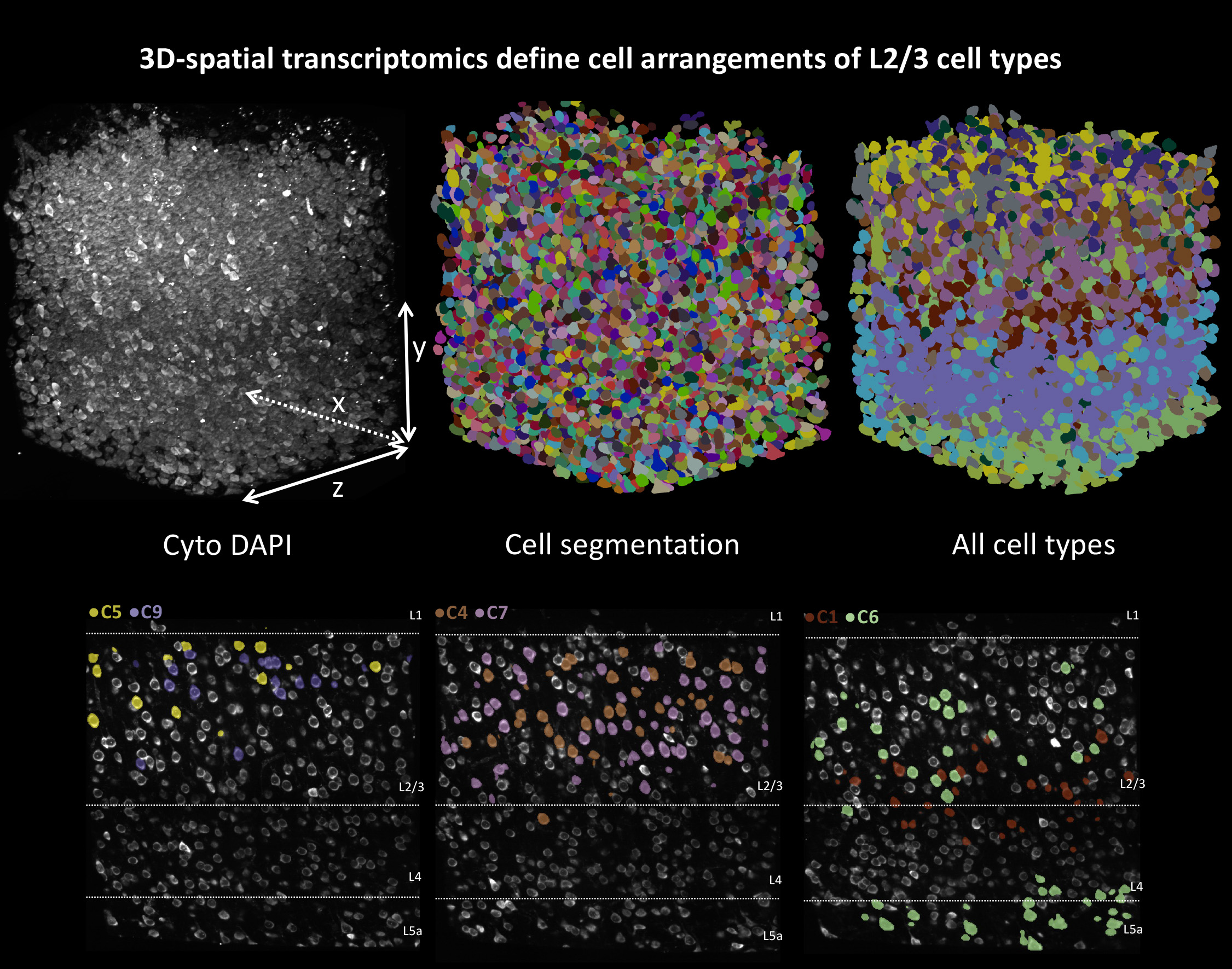A recently completed grant made in 2018 to the University of California, Los Angeles as part of the Keck Court Biomedical Initiative, had a team of four investigators led by Professor S. Lawrence Zipursky, studying fundamental questions regarding the roles of nature and nurture in the developing brain. The team studied how the visual circuits of the mouse brain are wired in response to vision during the “critical period” of early development, in the days after the eyes first open. They followed the changes in the response properties of thousands of neurons by imaging each cell over time. The research team found that the established model was wrong: the circuit is not refined just once but instead the circuitry is built, tested, deconstructed, and built again. Visual experience drives optimization through this process of serial testing. They also found data to suggest that within the cortex, there are genetically hard-wired circuits, and others that are readily modified by experience. Future studies may show if this new understanding of brain circuit development is true for other parts of the mouse brain, and perhaps for humans as well.
